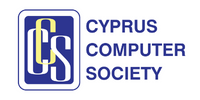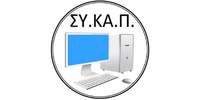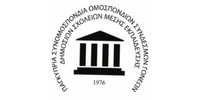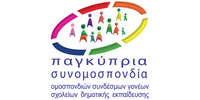Comp. Thinking
What is Computational Thinking?
Computational Thinking (CT), in simple terms, includes the skills applied by scientists of all specialties to solve problems by utilizing computers. Examples of such techniques are problem analysis and solving, algorithm design, pattern recognition, generalization, and abstraction.
More typically, the modern conceptual approach of Computational Thinking recognizes that it is composed of a considerable number of dimensions and relates more to a mindset than a way of reasoning (such as logical thinking) (Fessakis, Komis, Mavroudi & Prantsoudi, 2018). According to this approach, computers, combined with informatics concepts and practices, provide us with tools to solve interdisciplinary problems within other disciplines.
Therefore, Computational Thinking is an important skill for the modern citizen, and thus the student, on which future scientific and technological progress can be based and supported. It also provides a conceptual framework for better use of Information Technology in general education, within the framework of the multidisciplinary approach and education in STEAM (Science, Technology, Engineering, Arts & Mathematics) fields (Fesakis, 2018).
The development of Computational Thinking is now a strategic goal in modern education systems (EC-COM (2018) -24 & 22; TEMYB, 2016). The Bebras® competition is intended to be a mechanism to raise awareness of the educational community and to address the shortcomings still existing in formal education in the development of Computational Thinking.
References
Fessakis, G., Komis, V., Mavroudi, E., Prantsoudi, S. (2018). Exploring the scope and the conceptualization of Computational Thinking at the K-12 classroom level curriculum, In M. S. Khine (Ed.) (2018). Computational Thinking in the STEM Disciplines: Foundations and Research Highlights. Switzerland: Springer.
EC-COM(2018) 22: Οn the Digital Education Action Plan.
EC-COM(2018) 24: Proposal for a Council Recommendation on Key Competences for Lifelong Learning.
Διαρκής Επιτροπή Μορφωτικών Υποθέσεων της Βουλής - ΔΕΜΥΒ (2016). Εθνικός και κοινωνικός διάλογος. Διαπιστώσεις, προτάσεις και χρονοδιάγραμμα υλοποίησης. Ανάκτηση από https://www.minedu.gov.gr/publications/docs2016/morfotikwn_porisma.pdf.









